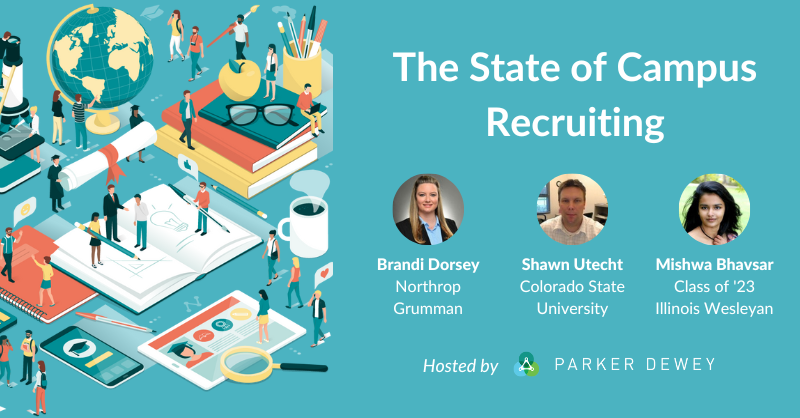
Exactly How To Decide Which Skills To Put On Your Resume
This post originally appears on Fast Company and was re-posted with permission from author Art Markman.
[Image: Kluva/iStock]
You know what your goal is when you’re writing your resume: You’ve got to capture recruiters’ and hiring managers’ interest in a way that separates you from everyone else in the stack. But while you’re hopefully savvy enough to avoid listing “Microsoft Office” in your skills section, you may be missing your chance to show off what you’re really skilled at–by bragging about skills that aren’t as valuable as you might think. Here’s why, and how to fix it.
Stop obsessing over tech skills
Our national obsession with STEM education (science, technology, engineering, and math) skews job seekers’ thinking about what counts as a resume-worthy skill. Even for semi-technical and non-technical roles, many proudly tout the programming languages they know, their experience with design programs, and their work with particular databases. They hope the accretion of these skills makes them seem like modern “digital natives” (a term often burdened with ageist assumptions) worthy of landing an interview.
It’s no doubt that technical skills are crucial for jobs across many industries. Indeed, some reckon that even tech candidates tend to lack the hard skills employers require; if your coding job requires a lot of Java-based programming, you’d better know your Java. But a lot of what separates the good employees from the great is not their technical expertise–it’s their ability to work together with their colleagues. People skills, also known as “soft skills,” matter a lot. So one of your main goals in writing your resume should be to show off how great your people skills are.
Consider the familiar rap against liberal arts majors. How many college students majoring in history, philosophy, or literature get harangued at family gatherings by well-meaning relatives who think they’re pursuing a worthless degree? Because who needs a historian, philosopher, or literary critic at a business meeting? Actually, lots of companies do.
I run a program at the University of Texas called the Human Dimensions of Organizations. At the undergraduate level, we work with students to understand the soft skills underlying courses in the liberal arts. A class about the history of the Camp David Accords also teaches strategies for mediating disputes. A course exploring the philosophy of belief also teaches about the ways people’s knowledge can be affected by arguments. A semester exploring 19th-century English literature creates opportunities for empathy and for recognizing the roots of modern industrial practice.
The point here isn’t to argue for the value of a humanities education. It’s that every job seeker needs human-based skills to land a job offer. People’s collected workplace (and classroom) experience leads them to develop skills beyond the technical abilities mentioned in a job listing’s “requirements” section. Which means your resume needs to demonstrate that you’ve done exactly that.
So what are my skills, exactly?
Figuring out which of those skills you should highlight comes down to these four steps:
- Identify one or two of the biggest projects you’ve worked on since taking your current job.
- Reflect on the biggest challenges to success in those projects.
- Ask yourself what you had to do (get specific–which specific steps did you have to take?) to overcome those obstacles. Those skills are the ones that you need to highlight on your resume. Some of them may be interpersonal, and others might be more technical, but chances are, none of them are “Excel.”
- Find the clearest, most concise way to describe those skills in terms that show off your abilities with regard to what the job listing calls for.
For instance: Did the team disagree about how to pursue a project? Did you play a role in helping your coworkers arrive at a common vision? If so, you’ve developed skills in mediating disputes and building a collaborative environment. Or did you have to take a poorly defined problem and turn it into a series of discrete challenges that you could tackle with individual projects? If so, you’ve honed your skills in project design and implementation, not to mention your team communication skills.
One benefit to going through this process is that it helps you understand your skills in practice. They won’t be these diffuse, abstract things you’ll struggle to talk about on job interviews. Instead, you’ll be able to discuss exactly what role you took in the project that inspired that line on your resume–and why, thanks to your amazing skill set, you’ll be able to meet similar challenges on your new team.
A final word of warning, though: Don’t oversell your abilities. If you’re generally not that good at resolving disputes, don’t put yourself in a position where you may be forced to do that on a regular basis. Yes, highlighting your soft skills is key to actually getting noticed. But you (and the people you work with) won’t be happy in a position that doesn’t match what you’re actually best at.




